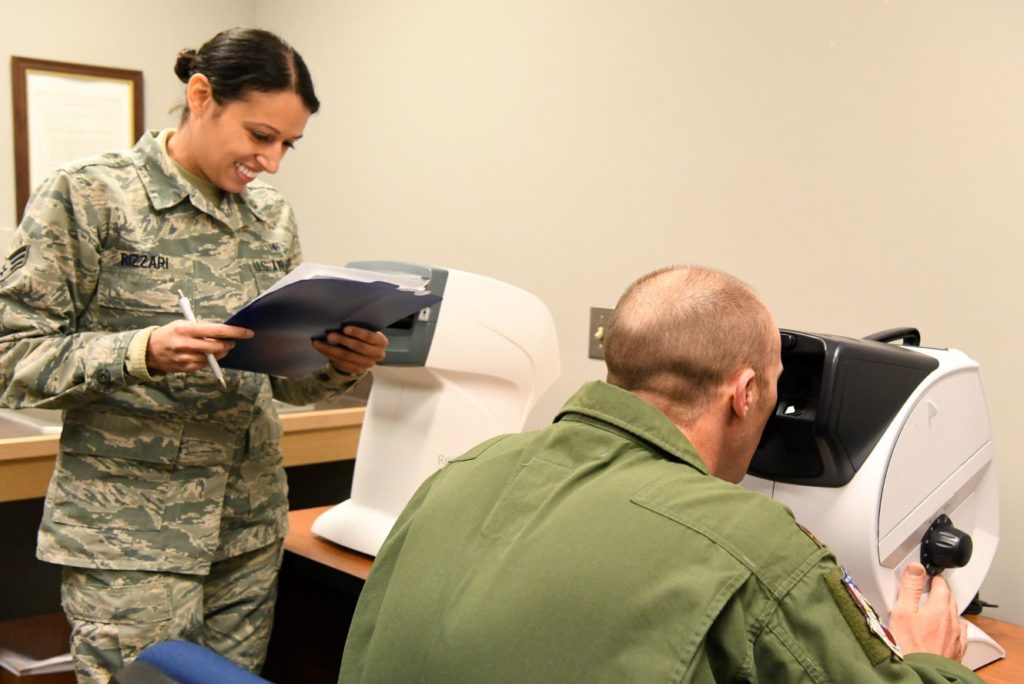When you trust a military doctor, nurse, or healthcare provider for advice, you expect to receive competent, reliable guidance. But what happens when that advice is wrong — and causes you serious harm?
Faulty medical advice in military healthcare settings is a growing concern. It may result in delayed diagnoses, unnecessary procedures, permanent injury, or even death. Whether you’re active duty, a dependent, or a veteran, it’s crucial to know your legal rights and how to act quickly.
At Khawam Ripka LLP, we help military families hold negligent medical providers accountable. If you were harmed because of inaccurate, misleading, or negligent advice from a military provider, here’s what you need to know.
What Is Considered Faulty Medical Advice?
Faulty medical advice is any recommendation, diagnosis, or guidance from a healthcare provider that falls below the accepted standard of care and leads to patient harm. This may include:
- Incorrect diagnosis or failure to identify a serious illness
- Misinterpretation of lab results or imaging scans
- Failure to refer to a specialist when needed
- Recommending the wrong course of treatment
- Improper medication guidance or dangerous drug combinations
- Telling a patient their condition is “normal” or “not serious” when it’s urgent
In military healthcare systems, this advice may come from:
- Military base hospitals
- On-base clinics
- TRICARE-affiliated civilian providers
- Telehealth consultations within the military system
Who Is Eligible to File a Claim?
Whether you can file a claim depends on your military status and the nature of the incident.
✅ Military Dependents & Retirees:
Can generally file malpractice claims under the Federal Tort Claims Act (FTCA).
✅ Veterans:
Can file claims for negligence through VA hospitals or clinics.
⚠️ Active-Duty Service Members:
Typically barred from suing under the Feres Doctrine, but may now file administrative claims under new Department of Defense procedures for certain medical malpractice cases. (See Filing a Military Medical Malpractice Claim While on Active Duty).
Real-World Examples of Faulty Advice
- A service member is told their chest pain is anxiety, later discovered to be a heart attack
- A military spouse is advised to delay a biopsy that would have caught cancer early
- A child is prescribed adult dosages of medication after a misdiagnosis
- A veteran is told their neurological symptoms are stress-related when they are signs of MS
In each of these cases, negligent medical advice directly contributed to prolonged suffering, worsened conditions, or irreversible harm.
Legal Steps to Take Immediately
If you believe faulty medical advice has led to injury, take the following steps as soon as possible:
1. Seek a Second Medical Opinion
Get evaluated by a civilian or non-military provider. Their assessment can help correct the misdiagnosis and document the difference in care quality.
2. Request and Preserve Medical Records
Secure all records from your original treatment and subsequent consultations. This includes notes, test results, prescriptions, and communication with the provider.
3. Document Your Experience
Maintain a detailed timeline, noting when you received the advice, what was said, how it affected your decisions, and the outcome.
4. File a Standard Form 95 (SF-95)
This form begins the FTCA claims process. You must file it within two years of when the injury occurred or was discovered.
5. Contact a Military Medical Malpractice Attorney
Legal guidance is essential when dealing with military procedures, federal claims, and complex medical issues.
How the Federal Tort Claims Act (FTCA) Applies
Under the FTCA, you can seek compensation from the U.S. government if:
- A federal employee (including a military medical provider) caused injury
- The act of negligence occurred within the scope of their employment
- The conduct violated the accepted standard of care
Compensation under FTCA can include:
- Medical costs
- Lost wages
- Pain and suffering
- Loss of future earning capacity
If the administrative claim is denied or ignored within six months, you may file a federal lawsuit.
What About Active-Duty Service Members?
Due to the Feres Doctrine, active-duty personnel generally cannot sue for malpractice. However, since 2020, the Department of Defense allows limited administrative claims for injuries caused by negligent medical treatment.
To qualify:
- The injury must not be “incident to combat”
- The claim must be filed within two years
- The provider must have been acting within the scope of their federal employment
Though you cannot take your case to court, you may still receive compensation through the administrative process.
Learn more in Filing a Military Medical Malpractice Claim While on Active Duty.
Why Faulty Medical Advice Is So Dangerous
Medical advice is the foundation of every health decision you make. When that foundation is broken:
- Serious conditions can go undiagnosed
- Surgeries can be delayed until it’s too late
- Medications can cause preventable side effects
- Mental health conditions can worsen due to neglect
And in many military settings, patients may feel discouraged from questioning their provider’s authority—leading to even greater harm.
Why Choose Khawam Ripka LLP?
We are a nationally recognized firm focusing exclusively on military medical malpractice cases. Our team has decades of experience handling:
- FTCA claims
- DoD administrative malpractice procedures
- Complex cases involving delayed diagnosis or bad medical advice
We work with top medical experts, gather strong evidence, and fight to protect your rights—no matter where you’re stationed or what your rank may be.
Internal Links for Continued Learning
- How Military Medical Malpractice Differs from Civilian Medical Malpractice
- Seeking Justice for Pediatric Injuries in Military Medical Facilities
- Understanding Military Medical Malpractice Under the Federal Tort Claims Act
Take Action Now
If you’ve been harmed by faulty military medical advice, don’t wait. Contact Khawam Ripka LLP today for a free consultation. We’ll help you understand your legal rights and guide you toward justice.

 Call Now- Open 24/7
Call Now- Open 24/7





